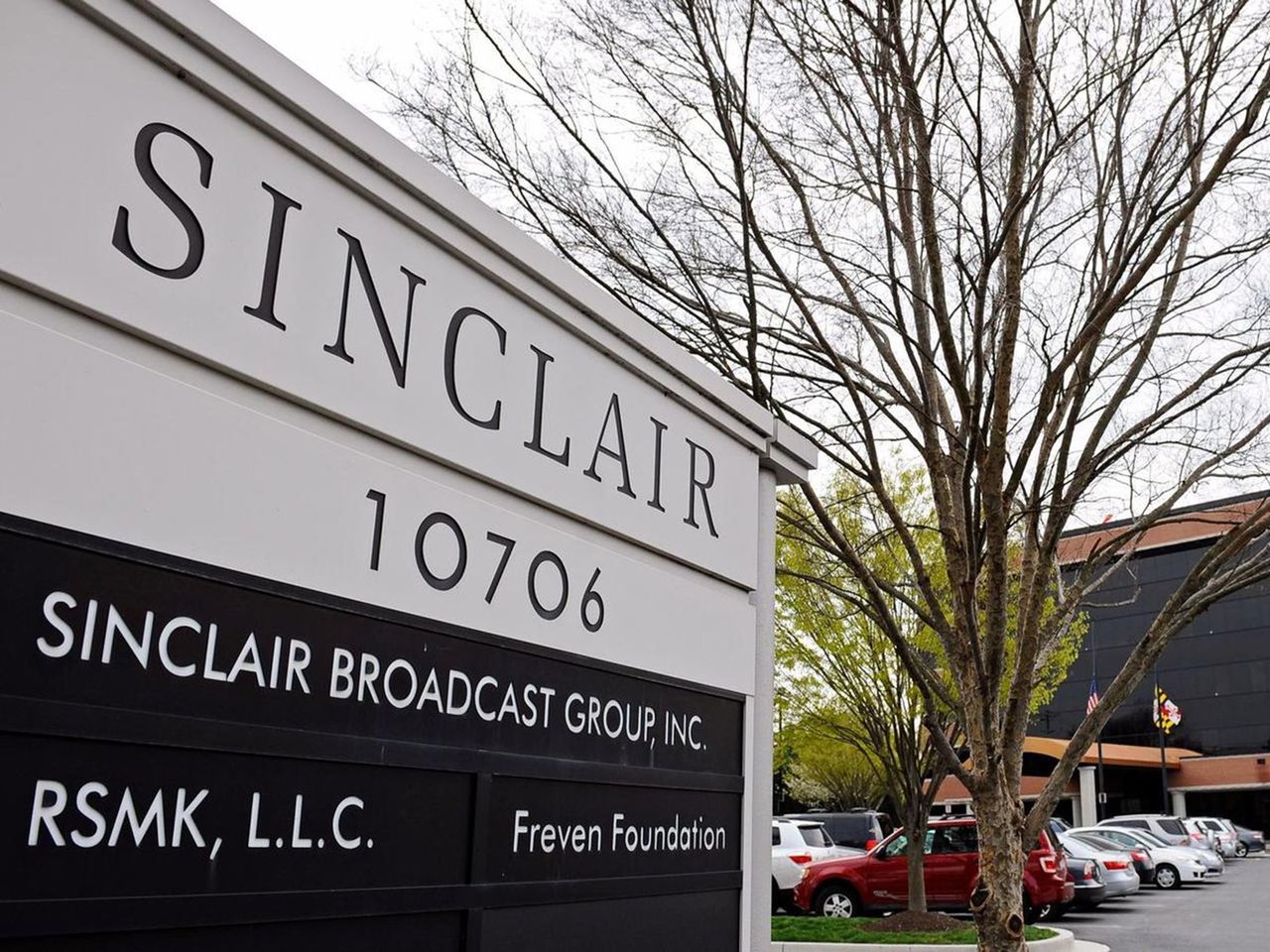Groups Blast Comcast-NBCU Public Interest Commitments
WASHINGTON: We’ll be watching closely. That’s the message from small cable operators and a public interest group regarding today’s news thatComcast and General Electric filed paperwork to transfer a majority stake of NBC Universal to the cable company. The American Cable Association and Public Knowledge were reacting to what Comcast pledged to do in the event of regulator approval. Among its list of public-interest commitments, Comcast said it would add more local news and children’s programming on the NBC owned-and-operated stations--at least temporarily--and adhere to current program-access rules. The FCC just last week ruled that cable companies could no longer withhold terrestrially transmitted programming from competing carriers, closing a loophole that allowed Comcast exclusive carriage of its own regional sports networks. (See “FCC Closes Programming Exclusivity Loophole”)
“A month ago, Comcast-NBCU pledged to operate in a manner consistent with certain ‘public interest commitments,’” said ACA president and CEO, Matt Polka. “Because Comcast and NBCU drafted these public interest commitments on their own, it shouldn’t shock anyone that they are totally porous and inadequate. One of the commitments calls for Comcast-NBCU to self-apply the FCC’s program-access rules to its TV stations. This ‘commitment’ isn’t without irony, given that Comcast is asking a federal appeals court to tear up those rules and toss them in the wastebasket.
“The American Cable Association intends to scrutinize fully the proposed transaction between Comcast Corp. and NBC Universal and will ask both the Department of Justice and the Federal Communications Commission to protect consumers by ensuring that Comcast-NBCU does not have the incentive and ability to engage in anticompetitive conduct that results in higher rates and less choice for consumers.”
Public Knowledge took a similar line regarding online content. PK fought Comcast in regulatory venues over throttling high-traffic sites. The FCC last year codified the previously voluntary principles of Network Neutrality, effectively prohibiting throttling. The NBCU deal would give Comcast direct control over a large volume of content, and ostensibly, how it’s distributed online. NBCU’s properties include NBC, full ownership of eight national cable networks, a minority stake in five more and 10 regional sports cable networks.
“We are incredulous that Comcast and NBCU would downplay Internet distribution of video at a time when the FCC has repeatedly identified online video as one of the primary drivers to broadband adoption,” PK said in a statement. “When the commission considers any conditions to this transaction, it must take into account both existing online competitors and those the commission hopes will emerge. The commission must make certain
competitors will have access to Comcast and NBC programming as the online market evolves.”
Comcast executive vice president, David Cohen enumerated the list on the merger Web site:
-- For three years, the NBC O&Os will provide at least the same amount of local news and information programming as today--and will not cut the amount of news programming.
-- A commitment to provide an additional 1,000 hours of local news and information programming by the NBC O&Os.
-- An additional 1,500 programming choices for children and families within three years on VOD.
-- An additional hour of children’s programming each week (above the current three-hour requirement) using multicast channels of NBC O&Os.
-- Tripling the amount of time that program ratings information appears on the screen, from five to 15 seconds at each commercial break, and enlarging the information box.
-- Launching a new over-the-air multicast channel using Telemundo’s programming library.
-- Increasing Telemundo and Mun2 VOD programming by up to 300 additional choices within three years.
-- Ensuring that the two new independently owned and operated cable networks we have committed to add to our digital line-up each year for the next three years are truly independent--i.e., networks that are not currently carried by Comcast Cable, and are not affiliated with Comcast, NBCU, or any of the top 15 owners of cable networks as measured by revenues.
-- A continued reaffirmation of our commitment to keep NBC as a free-over-the air broadcaster with a workable business model in the evolving economic and technological environment.
Cohen argued that the Comcast-NBCU combo would operate in an “intensely competitive environment” where the two would have a 12 percent share of cable network revenues. It would rank third, however, behind Disney, with nearly 21 percent and Time Warner with nearly 19 percent. With regard to the channel line-up, Cohen said six of every seven channels on Comcast Cable would be unaffiliated with the carrier or with NBCU. He noted that nothing in the merger violates federal communications or anti-trust rules.
“With this filing, we initiate what we hope will be a constructive dialogue with the FCC and interested stakeholders, including the general public,” Cohen wrote. “As the commission has said in the past, a transaction review process is not the appropriate forum to air general industry issues or to ventilate imagined or contrived grievances. We are looking forward to a thorough--and expeditious--regulatory review of this transaction, and to working with the commission, the DOJ, Congress, and other interested parties for a successful completion of this important venture.”-- Deborah D. McAdams

The professional video industry's #1 source for news, trends and product and tech information. Sign up below.
